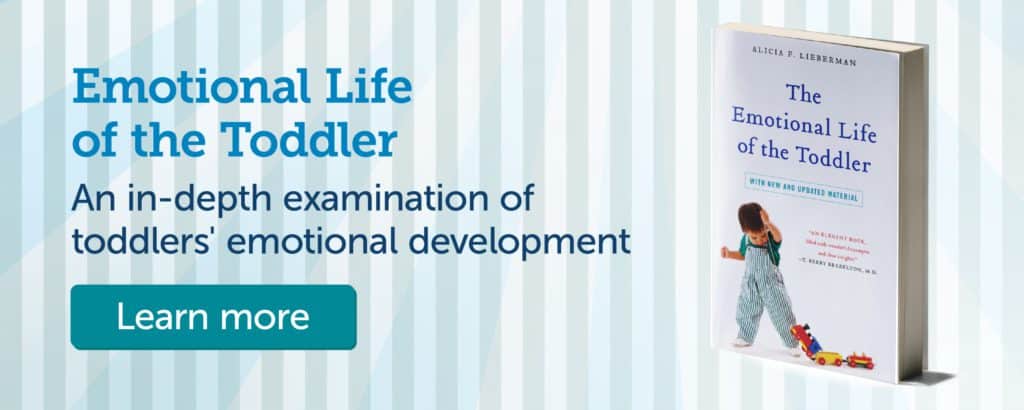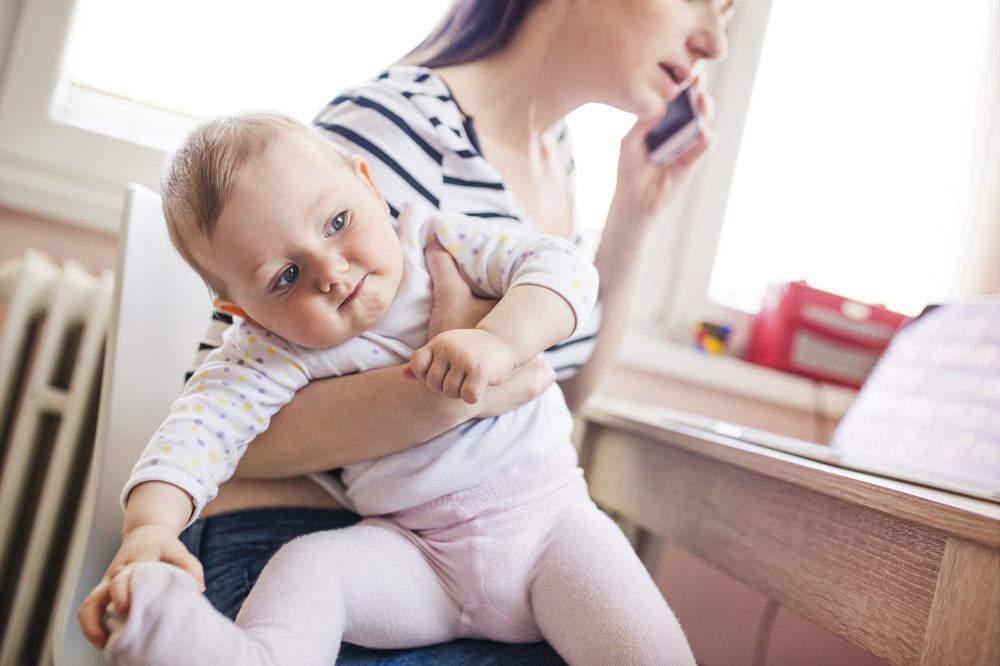There’s a lot going on in babies’ minds in the first year of life, and their early experiences in the world affect how their brains grow in ways that can last a lifetime.
For most babies, those early experiences take place with their parents. And not surprisingly, research shows that parental stress is one of the key factors that affects a baby’s developing brain. In fact, these affects can begin in utero. Babies whose mothers were depressed during pregnancy show heightened levels of the stress hormone, cortisol, when observed three months after birth.
In babies’ early years, direct exposure to chronic stress can have important psychological consequences. When parents are stressed, they are more likely to be distant, less engaged, or inconsistent in meeting their child’s physical and social-emotional needs. This experience can increase cortisol levels in the brain as children feel unsure when—or if—their needs will be met. This dynamic can result in children showing a range of behaviors, such as feeling uncomfortable venturing out to explore their environment and clinging to their parent. Or, parents may see the opposite behavior—a young child who actively avoids or ignores his caregiver.
ZERO TO THREE’s national Parent Survey, Tuning In, shows that many parents underestimate just how deeply children are affected by early experiences and how soon in life babies can feel a range of emotions, such as sadness and fear. Understanding what children are absorbing and learning during daily interactions with the important people in their lives can help parents become more sensitive to the impact they are having on their babies and toddlers. By finding ways to manage their emotions and protect their children from the potentially harmful impacts of stress, parents can support the healthy development of their babies and toddlers.





